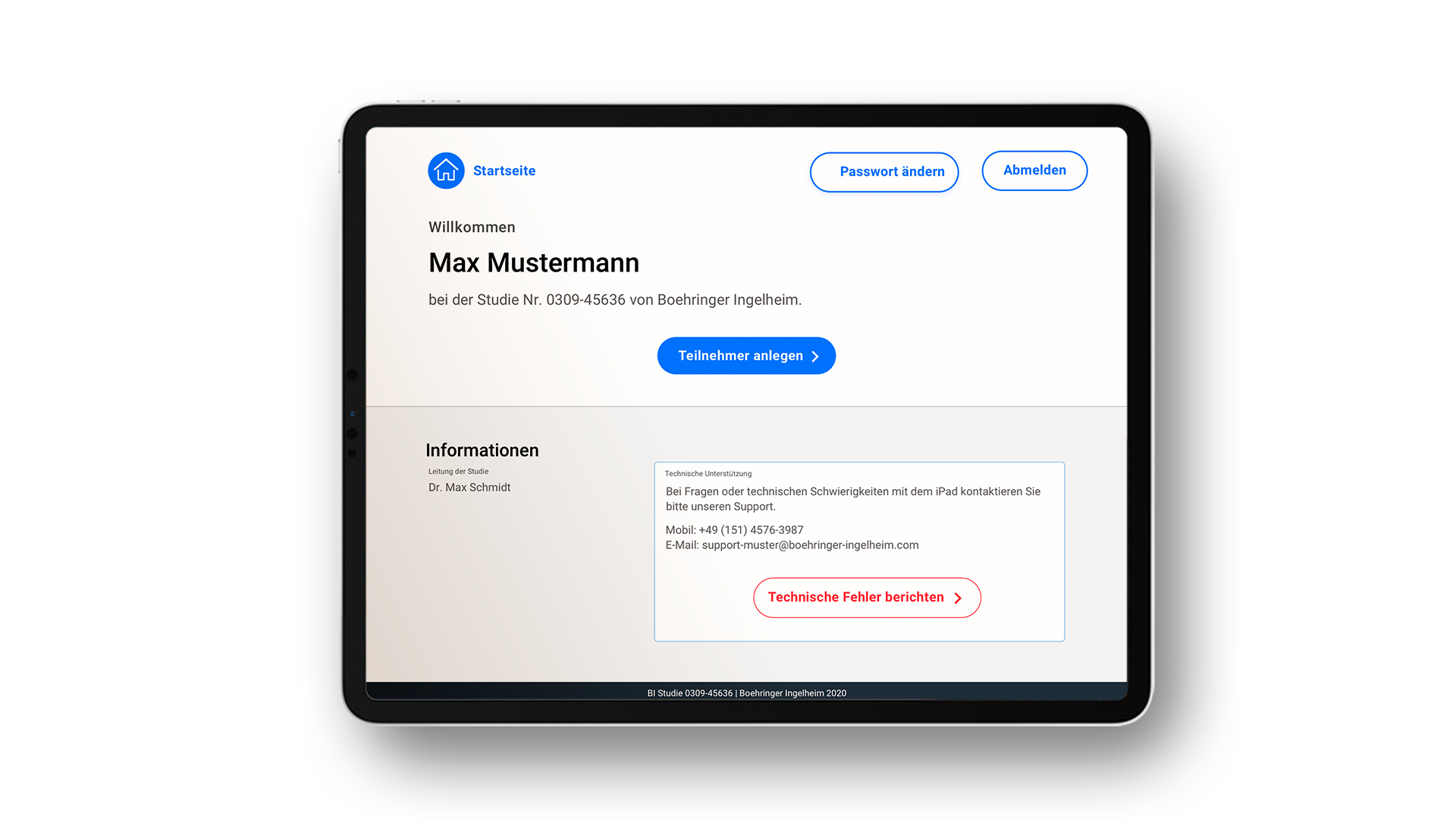Pathologic Speech Processing
Currently in the US, 42% of Americans have a family member with Alzheimer's.
Pathologic Speech Processing
Currently in the US, 42% of Americans have a family member with Alzheimer's.

If you spot the early signs of Alzheimer's and Dementia it is easier to create a personal care pathway. Yet half of Americans suffering from Alzheimer's are not diagnosed.
PSP does just that. It is a detection system of a number of tasks that spots early signs of Alzheimer's through a speech recognition system. Speech allows self-indication of neurodegenerative diseases, earlier than often recognized by a doctor.
If you spot the early signs of Alzheimer's and Dementia it is easier to create a personal care pathway. Yet half of Americans suffering from Alzheimer's are not diagnosed.
PSP does just that. It is a detection system of a number of tasks that spots early signs of Alzheimer's through a speech recognition system. Speech allows self-indication of neurodegenerative diseases, earlier than often recognized by a doctor.

Having the patient's needs in the center of innovative digital developments and addressing true unmet medical needs, that characterizes the mindset in our initiative. What we develop is an easy to use system with artificial intelligence that is trained to identify pathological speech and language patterns indicative for mental and neurodegenerative diseases. The system will ease the access of patients to the medical system and support physicians in making a diagnosis. This scientific work aims to become a validated cornerstone for digital biomarkers in the future.
Dr. Christoph Eschenfelder - Product Owner of PSP
Having the patient's needs in the center of innovative digital developments and addressing true unmet medical needs, that characterizes the mindset in our initiative. What we develop is an easy to use system with artificial intelligence that is trained to identify pathological speech and language patterns indicative for mental and neurodegenerative diseases. The system will ease the access of patients to the medical system and support physicians in making a diagnosis. This scientific work aims to become a validated cornerstone for digital biomarkers in the future.
Dr. Christoph Eschenfelder - Product Owner of PSP
Currently PSP is in its first steps of evaluation in a proof of concept study in academic memory clinics.
PSP spots standard biomarkers like Impaired articulation, word-finding difficulties, impaired reading comprehension, lack of attention and comprehension thanks to the built-in Artifical Intelligence based on the state-of-the-art in natural language processing and machine learning, which will alert patients and Health Care Providers to the early onset of Alzheimer's and other mental illnesses in the future.
Currently PSP is in its first steps of evaluation in a proof of concept study in academic memory clinics.
PSP spots standard biomarkers like Impaired articulation, word-finding difficulties, impaired reading comprehension, lack of attention and comprehension thanks to the built-in Artifical Intelligence based on the state-of-the-art in natural language processing and machine learning, which will alert patients and Health Care Providers to the early onset of Alzheimer's and other mental illnesses in the future.